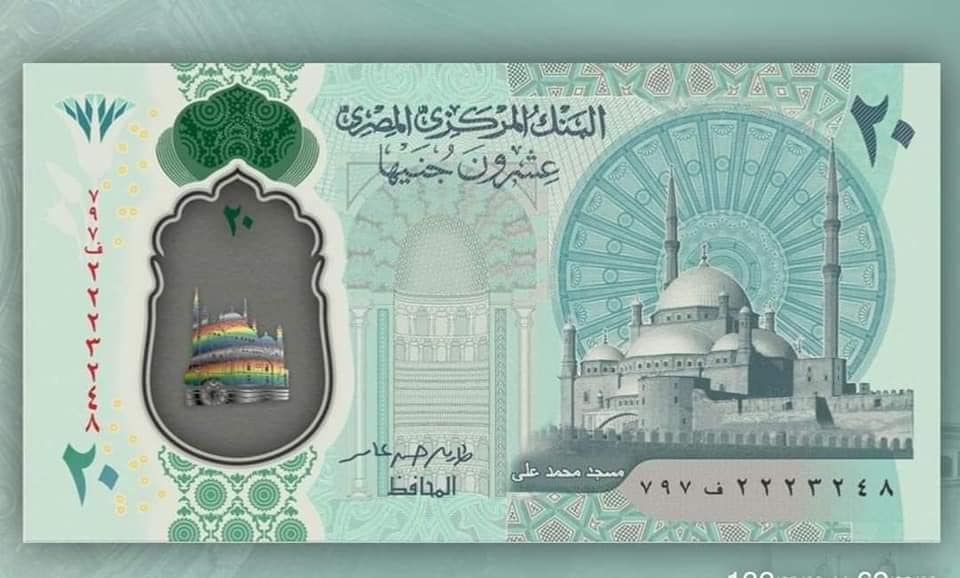On Saturday, 31st of July, the spokesman of the Egyptian presidency announced that the Central Bank of Egypt (CBE) will introduce plastic money in November of this year. During his meeting with President Abdelfattah Al-Sisi and Prime Minister Dr Mostafa Madbouly, Tarek Amer, Governor of the CBE, reviewed the efforts of the CBE in the banking and monetary system. The meeting also reviewed samples of the new banknotes. “Coordination is in place with the Secured & Smart Documents Complex to provide advanced raw materials following the latest international standards for new banknotes,” the statement said. The news that Egypt is planning on introducing plastic money was first introduced last year, prompting Egyptians to debate the benefits, feasibility, and whether it is eco-friendly or not. Since there is a current trend towards replacing plastic with more biodegradable and sustainable products, hearing the words “plastic money” raised a few eyebrows. However, plastic money, which is water resistant, is considered environmentally-friendly as it has a longer life-span than paper bank notes. Moreover, given the short life-span of paper bank notes, especially in Egypt, it may be more economically feasible as well. Paper bank…



